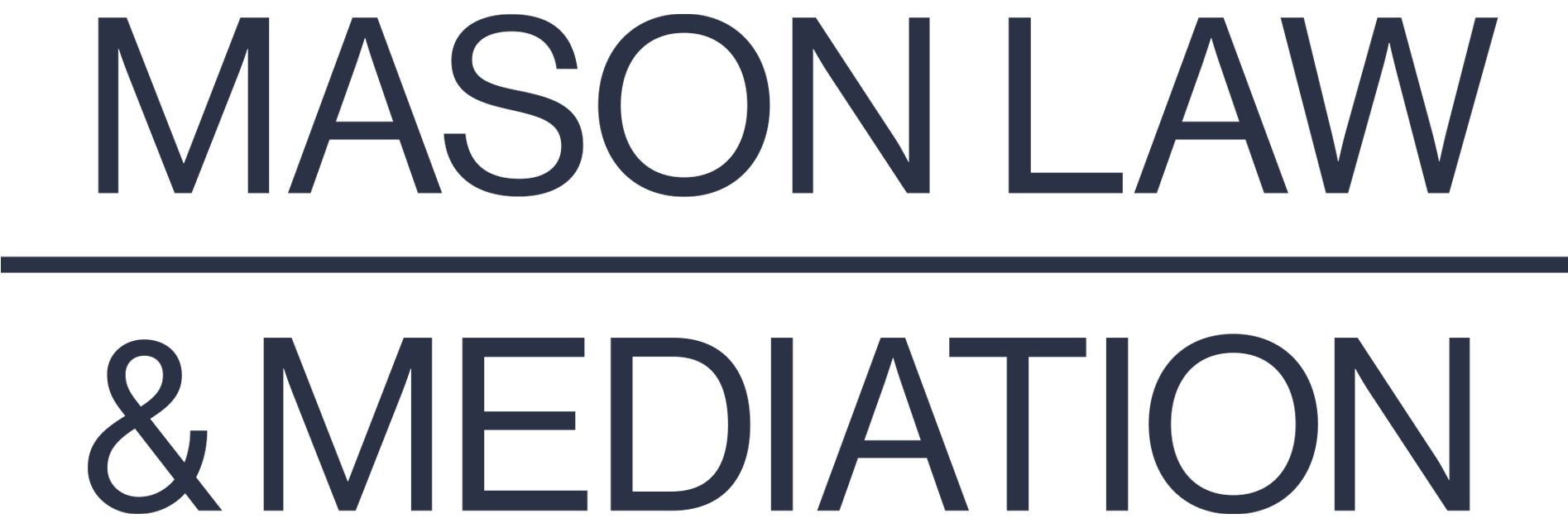How does divorce work in New York? It’s a good question, and one that I hear a lot. Before diving in to answer it, bear with me as I set up a bit of context.
If you’re going through a divorce, or contemplating one, there are two distinct categories of divorce-related information that you’ll want to understand.
Your goal in learning about the divorce process is to understand what your process options are, how each works, and to assess which option is the best fit for your particular situation.
The category that everyone thinks of first is related to substantive divorce law. They may not call it that, but it boils down to this. In New York, as in other states, there are various child-related and financial issues you need to address in order to end your marriage. Within reason and certain parameters, you and your spouse are free to design your own settlement and to handle your child-related and financial issues as you see fit. If you and your spouse can’t agree, however, you have the option to present your disagreement to a judge for resolution. In resolving your disagreement, a judge bases their decisions on substantive divorce law.
So, when divorcing clients come to me and want to know whether they’ll have to part with half their inheritance or be able to keep their retirement, whether they can stay in the home or what they have to pay (or will receive) in child support, they’re asking me about substantive divorce law. They’re asking what would happen to them if they weren’t able to reach agreement with their spouse and ended up in court. Law school negotiation classes call this a BATNA, i.e., best alternative to a negotiated agreement, and it’s important information for anyone negotiating a divorce settlement to have.
The other category of information you want to understand if you’re embarking on a divorce is the divorce process itself. What do I mean by that? The divorce process is all about how you get from married to divorced. Mediation? Litigation? Negotiated settlement? No matter what type of process you choose, you’re going to have to work through the same issues. What does it look like to work through them with one neutral mediator vs. two attorney advocates? What about litigation? How much does each route cost? How long does each take?
Your goal in learning about the divorce process is to understand what your process options are, how each works, and to assess which option is the best fit for your particular situation. Once you’ve settled on the right process, you’ll be in the best possible situation to work through the substantive issues you need to address in order to get divorced.

